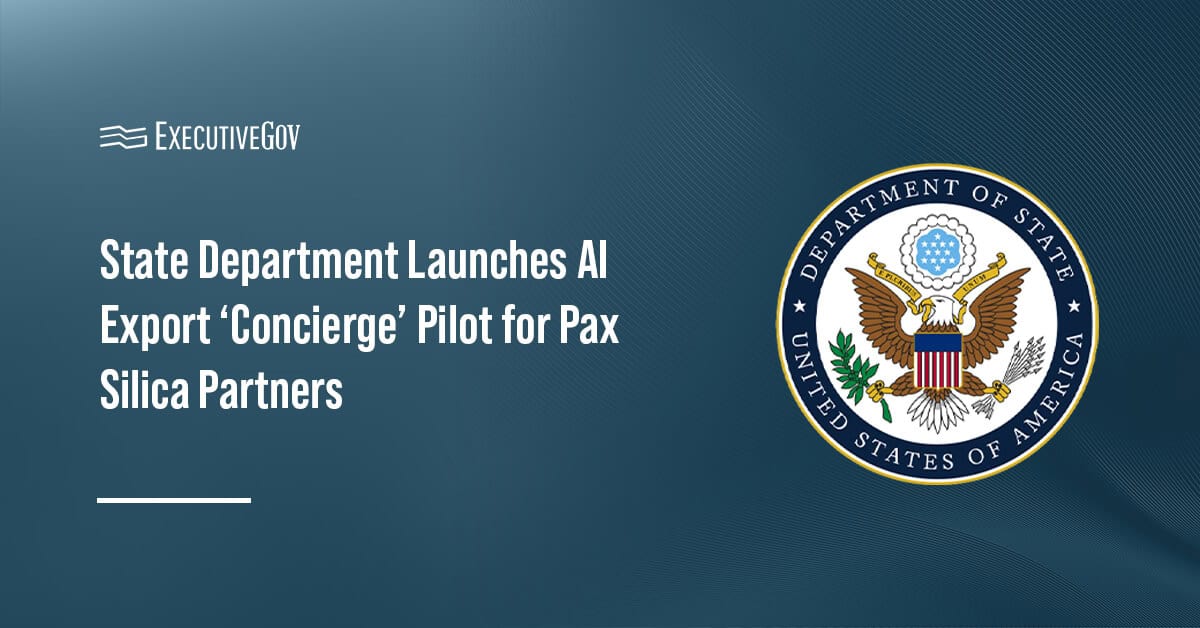
The Central Intelligence Agency has developed a technology that would disable U.S.-made anti-air missiles given to foreign allies if needed, Reuters reported Tuesday.
Jos Wetzels, a Dutch researcher, said at a conference in Germany that the technology is designed to activate foreign user restrictions on Man-Portable Air-Defense System missiles.
The technology, known as geofencing, would disable MANPADS from use based on the weapon's location. A MANPADS missile beyond a certain geographic range would cease from functioning if geofencing is applied.
The security provided by geofencing technology may convince the U.S. to distribute powerful weapons more often, experts said.
Geofencing may address cases in which lost missiles are sold or fallen into wrong hands.





